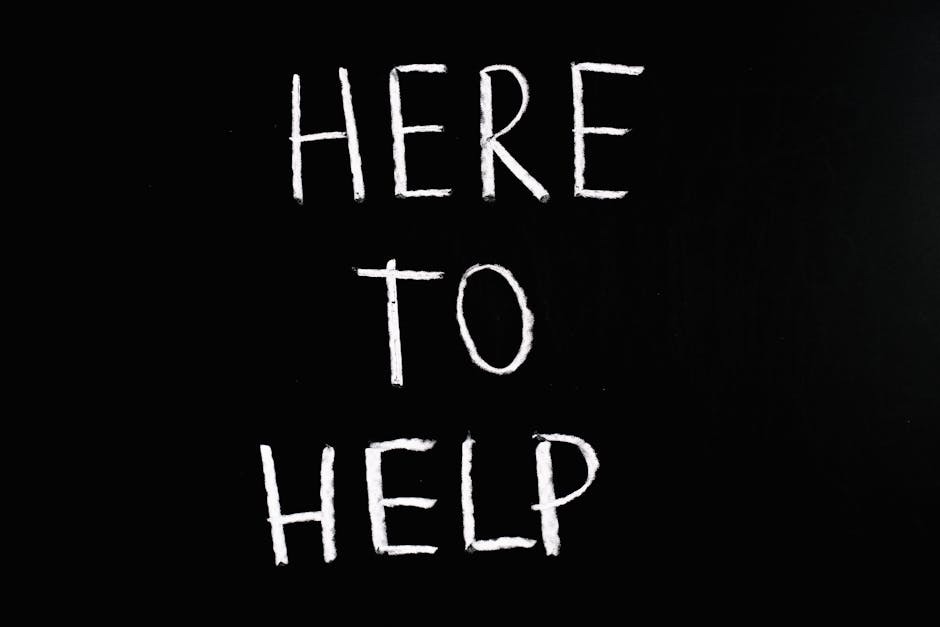Millions of people struggle with substance use disorder (SUD) every year. However, individuals experiencing substance abuse may feel alienated, alone, and separated from the rest of society by their condition. According to the International Journal of Environmental Research and Public Health, “Loneliness, the perceived lack of social connections, is also significant to the experience of substance use and mental illness, owing to its influence on mood, motivation, and decision making.” People who feel disconnected from others in some way may find it more difficult to ask for help. The Redpoint Center encourages individuals and families to reach out if they struggle with substance abuse.
Why Does It Feel Hard to Ask For Help?
Some people find it more challenging to ask for help when they feel guilty or ashamed about their thoughts and behaviors. Misusing prescription medications, alcohol, or illicit drugs often causes feelings of shame. Stigmas and taboos surrounding substance abuse and recovery may stop some individuals from feeling comfortable relying on strangers to help them. Everyone has a unique experience and different reasons for feeling uncomfortable asking for assistance overcoming substance abuse.
Some of the most common reasons people find it hard to ask for help include:
- Fear of what friends or family might think
- Concern over how participating in treatment may affect career or education advancement
- Fear of being arrested or facing legal consequences for illegal actions
- Self-worth issues may make some people feel unworthy of help or “too broken” to recover
In some cases, people have gone through multiple treatment programs and have had negative or traumatic experiences during rehabilitation. The Redpoint Center understands the importance of building a solid foundation of trust with each client. Everyone is welcomed into the program and treated like family. Reaching out for help is a difficult step for many, and the care team at The Redpoint Center treats every person with respect and dignity.
When to Ask For Help
Some people may not ask for help because they don’t recognize the need. For example, individuals experiencing chronic substance abuse may feel like the symptoms and side effects are a normal part of everyday life. Individuals in that situation often have difficulty looking at their circumstances objectively and recognizing the need for professional addiction treatment.
Asking for help is not easy. However, if people experience the following, they may benefit from participating in treatment programs:
- An inability to stop misusing substances despite repeated attempts
- Repeated substance abuse despite negative legal, social, medical, or financial consequences
- Uncharacteristic behaviors caused by substance abuse, including angry outbursts, violence, or aggression
- An inability to function in society or everyday life
Unfortunately, many people with SUD experience job loss, broken relationships, and other severe side effects of their condition before they recognize the need for help.
Signs a Loved One May Need Treatment
Friends and family members are often the first to recognize the signs of physical or emotional distress in a loved one. Identifying the potential symptoms of addiction may motivate family members to take action and encourage their loved ones to get help.
A few signs of addictive behaviors include:
- Social isolation and withdrawal from loved ones or social groups
- Lack of interest in previously enjoyed activities
- Secretive behaviors
- Presence of drug paraphernalia
- Stockpiling prescription medications
- Frequent binge drinking
- Borrowing or stealing money to buy drugs or alcohol
- Sudden unexplained changes in appetite leading to significant weight loss or gain
- Sleep disturbances, including oversleeping or chronic insomnia
- Extreme mood swings and fluctuations in energy levels
The symptoms and warning signs of substance abuse vary depending on multiple factors, including the type of substance being abused and any co-occurring mental health disorders.
Treatment Options at The Redpoint Center
The Redpoint Center offers multiple treatment options for individuals experiencing substance abuse. The clinical team uses comprehensive assessments and screening tools to accurately diagnose clients and create tailored treatment plans.
Some of the treatments and services offered at The Redpoint Center include:
- Psychotherapy
- Peer support
- Group therapy
- Alternative holistic therapies
- Case management
- Personalized treatment and aftercare planning
Individuals with SUD benefit from participating in professional rehabilitation programs.
Asking for Help From Family and Staff During Treatment
Asking for help is easier when people feel heard, valued, and understood. The care team and support staff treat clients like family and go the extra mile to provide additional support through every stage of treatment. Peer support is also encouraged and facilitated through group therapy and peer activities. According to Frontiers in Psychiatry, “[K]eeping patients in treatment is one of the main objectives in SUD therapy and correspondingly, the philosophy of drug-free therapeutic communities is to establish sustainable relationships by building on self-help and mutual-aid between” clients. The Redpoint Center has created a thriving, sober community where people can get the help they need to heal.
Practical support from friends and family may also improve treatment outcomes for many people. The Redpoint Center provides family therapy and support services to help clients feel more comfortable and motivated to make positive lifestyle changes.
Asking for help is not easy. Many people hesitate to reach out for help when they struggle with substance abuse. Internalized stigmas, past traumatic experiences, and uncertainty about what to expect from treatment may cause some people to avoid seeking treatment for their condition. However, the adverse effects of substance abuse are often cumulative. Early intervention and treatment are the best ways to prevent severe, chronic, or complex symptoms and side effects of substance abuse. The Redpoint Center encourages friends and family to help loved ones take the necessary steps to enter treatment. Often, people are more likely to seek help if they recognize the impact their addiction has had on the people they love. Call us at (303) 710-8496.



